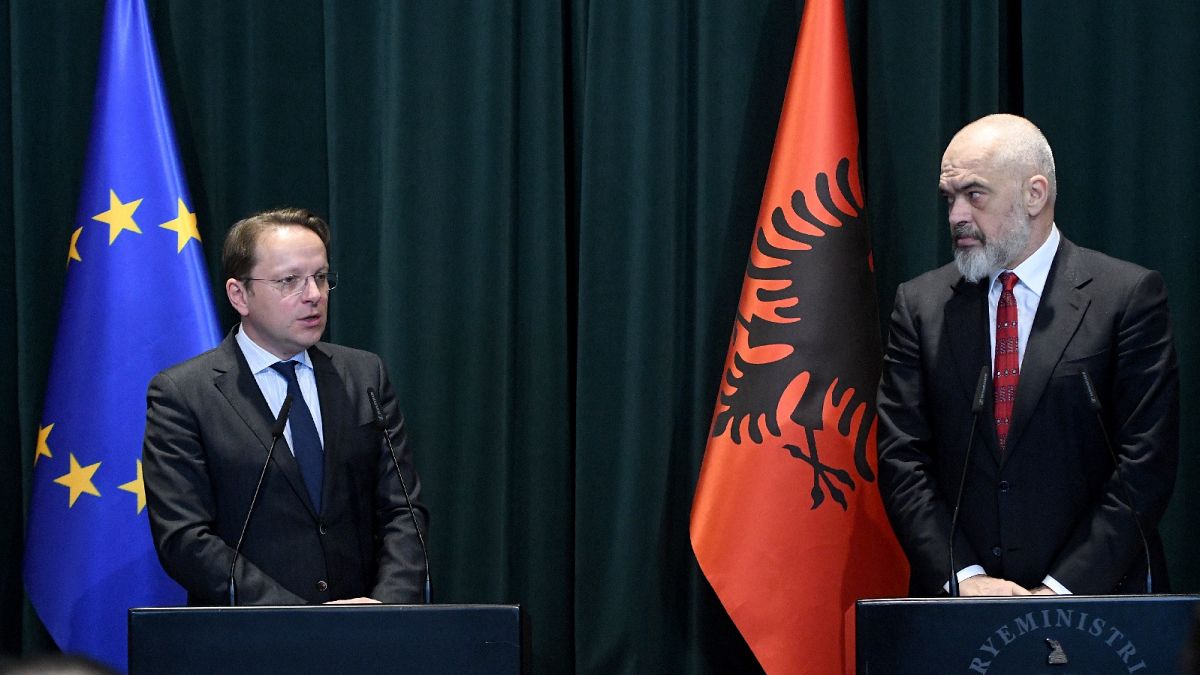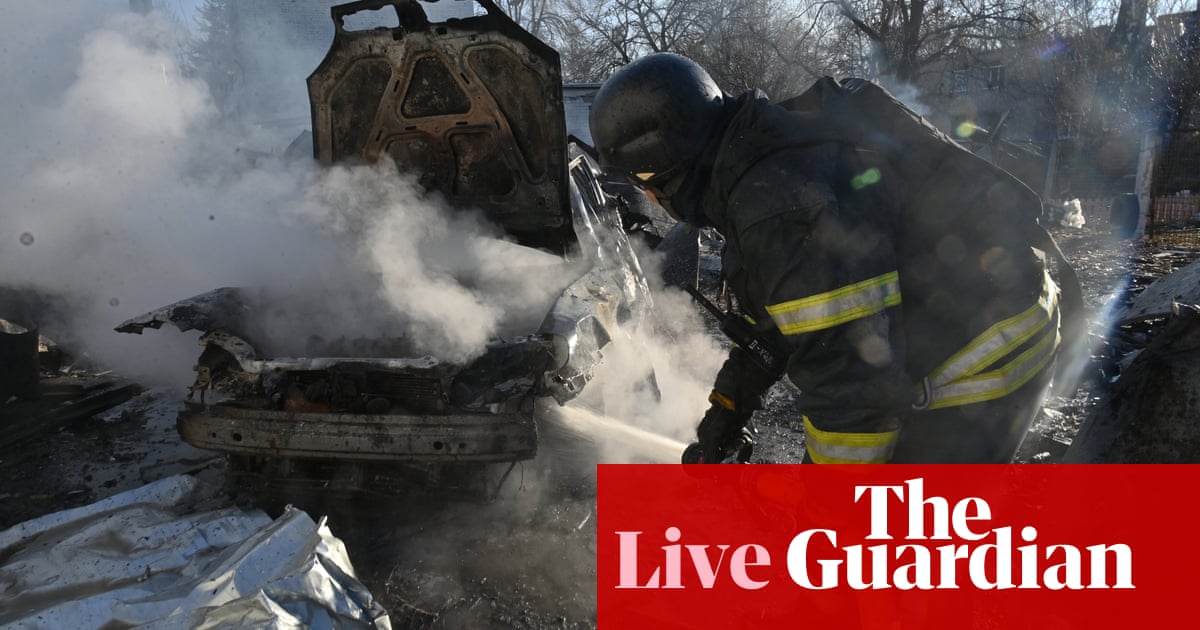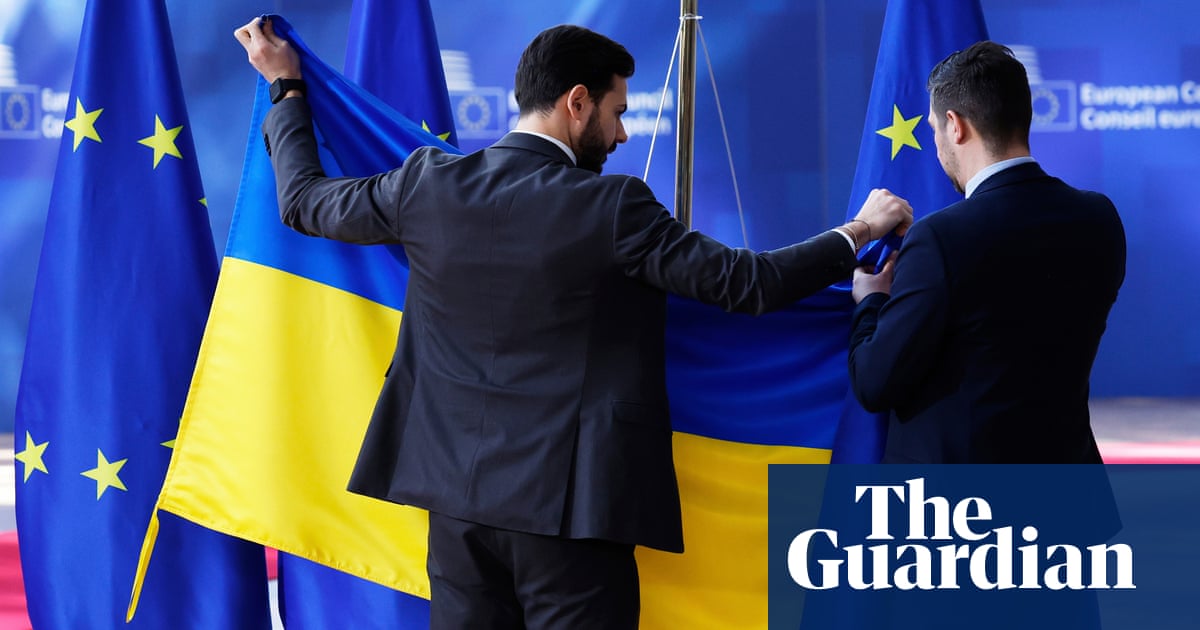Albania aims to be EU member by 2030, PM Rama says

The EU gave a largely positive initial assessment of Albania’s progress towards joining the bloc, though Brussels notes room for improvement on corruption, media independence and the judicial system.
Albania aims to become a full-fledged member of the European Union by the end of the decade, its Prime Minister Edi Rama said on Tuesday, following the opening of accession negotiations he called “historic”.
“It is our aim to complete that process within this decade and be ready to knock at the door of the European Council as a member state,” Rama told reporters in Luxembourg, where an intergovernmental conference (IGC) was held with the Balkan nation.
“This, of course, is very ambitious, it takes a very, very large volume of work. We have been very closely working with the Commission and we have set up together a roadmap, again, very ambitious. We have a plan and we also count on friends and partners to help us achieve that,” he added.
The Tuesday conference focused on the first cluster of chapters on the so-called “fundamentals” that show how the country aligns with the EU in areas such as human rights, the rule of law, and democratic institutions.
A position paper jointly prepared by both sides is largely positive on Albania’s progress in implementing EU law but says there’s room for improvement in fighting corruption and strengthening the justice system.
“Corruption is prevalent in most areas of public and business life, including in all branches of central and local government and institutions and remains an area of serious concern,” said the document, issued after the meeting.
The EU called for further reforms to state institutions, on media independence and to tackle organised crime.
Rama said Tuesday’s talks were “of historic significance for Albania” and the EU, adding that the country remains “resolute in its determination to meet all future obligations”.
“We Albanians cannot have a Plan B” to EU integration, he said. “For us, this is not pro-EU rhetoric: it’s a matter of life and death.”
‘For us, there is no other way’
Olivér Várhelyi, the outgoing European Commissioner for Neighbourhood and Enlargement, also expressed confidence in the tight 2030 timeframe.
The bloc’s €6 billion, three-year Western Balkans growth plan should boost reforms and “make it possible that at the end of the mandate of the next Commission, we will also see Prime Minister Rama nominating his first Commissioner”, Várhelyi said.
He said that the bloc’s next seven-year budget framework, known as the MFF and soon to be negotiated among member states, offers “a big opportunity”.
“We are supposed to create a new MFF from 2027 … major changes will have to be made to welcome new members,” he said, adding that the funding talks could provide “big indications” on future enlargement strategy.
Péter Szijjártó, the Hungarian foreign affairs minister who chaired the meeting, said Albania could close this cluster of issues and open new chapters on foreign relations by the end of the year.
“Albania is ready, so I do hope that all the bureaucratic homework will be done here,” he told reporters. He said he hopes to “sit together” for another intergovernmental conference before Hungary’s EU Council presidency ends in December.
Albania, which first applied for EU membership in 2009 and was granted candidate status in 2014, is one of eight countries – with Bosnia & Herzegovina, Georgia, Moldova, Montenegro, North Macedonia, Serbia, Turkey and Ukraine -waiting in the wings to join the 27-country bloc. Kosovo is also a potential candidate.
Enlargement had largely stalled after 2014 but Brussels gave it fresh impetus after Russia’s full-scale invasion of Ukraine.
The bloc’s existing member states must unanimously agree on enlargement, however, and they have been more cautious, reiterating that the process must remain merit-based.
Since Albania became an official candidate, they have three times rejected plans to negotiate more deeply with Tirana, despite the Commission’s positive endorsement.
Rama described these setbacks as “humiliations” but said Albania “made a strength out of that”.
“We know it’s still a long way, we don’t have illusions and we know that old habits die hard so things may become bumpy again,” he said, adding: “Doesn’t matter: for us, there is no other way.”
Related
Zelenskyy reiterates call for air truce after huge Russian attack…
We need Russia to stop attacks, Zelenskyy says, backing calls for truce in air, at seaUkrainian president Volodymyr Zelenskyy has responded to overnight attacks
Europe scrambles to rearm as Trump threatens security guarantees and…
CNN — European leaders have vowed to rearm the continent at historic emergency talks h
Russia launches ‘massive’ attack on Ukraine after Europe rushes to…
Ukraine's energy and gas infrastructure came "under massive missile and drone shelling" by Russia on Friday, a Ukrainian minister said."The energy and gas infra
American severance may be averted, but Europe’s leaders must fear…
With a mixture of regret, laced with incredulity, European leaders gathered in Brussels to marshal their forces for a power struggle not with Russia, but with t












